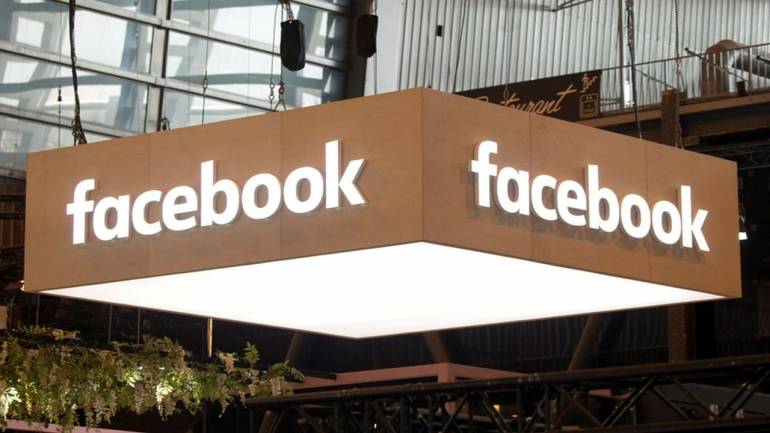Despite the recent privacy scandals, mishandling of user data, and a potential federal injunction looming in the distance, Facebook seems to be going full steam ahead with its ambitions. According to a recent report by The Information, the company is now developing its own operating system to reduce dependency on Google’s Android. The development, as per The Verge, is being led by Mark Lucovsky — an ex-Microsoft official who co-authored the Windows NT operating system.
While the report provides a limited amount of information about how Facebook plans to use the new operating system, it does point out that currently Facebook’s Oculus and Portal devices run on a modified version of Android. This leads us to believe that with its new operating system the company plans to replace Android on its VR and smart devices. And one of Facebook’s AR and VR heads, Ficus Kirkpatrick, mirrors this sentiment. According to Kirkpatrick, “it’s possible” that Facebook’s future hardware won’t need to rely on Google’s software which could possibly remove Google’s control over the company’s hardware.
Andrew Bosworth, Facebook’s head of hardware, also told The Information that the company “want(s) to make sure the next generation has space for us. We don’t think we can trust the marketplace or competitors to ensure that’s the case. And so we’re going to do it ourselves.” Along with the aforementioned Oculus and Portal devices, Facebook is also working on AR glasses. Bosworth reveals that these glasses, codenamed “Orion”, could arrive as early as 2023. Interestingly, Apple is also expected to come out with its own pair of AR glasses around the same time. Facebook is reportedly also working on a brain control interface for its glasses, which could allow users to control them with their thoughts.
The report further suggests that Facebook is hoping to take a similar approach as Apple with its hardware in the future. Facebook is reportedly also working on its own custom chip hardware, alongside a voice assistant that it confirmed earlier this year. It’s worth noting that Facebook’s previous attempt at developing its own OS did not work out well. Back in 2013, the company created a forked version of Android that ran on an HTC device and it wasn’t well-received.













![Hotstar Premium Cookies 2019 [*100% Working & Daily Updated*] Hotstar Premium Cookies 2019 [*100% Working & Daily Updated*]](https://tahav.com/wp-content/uploads/2019/11/Hotstar-Premium-Cookies-Free-100x70.jpg)



